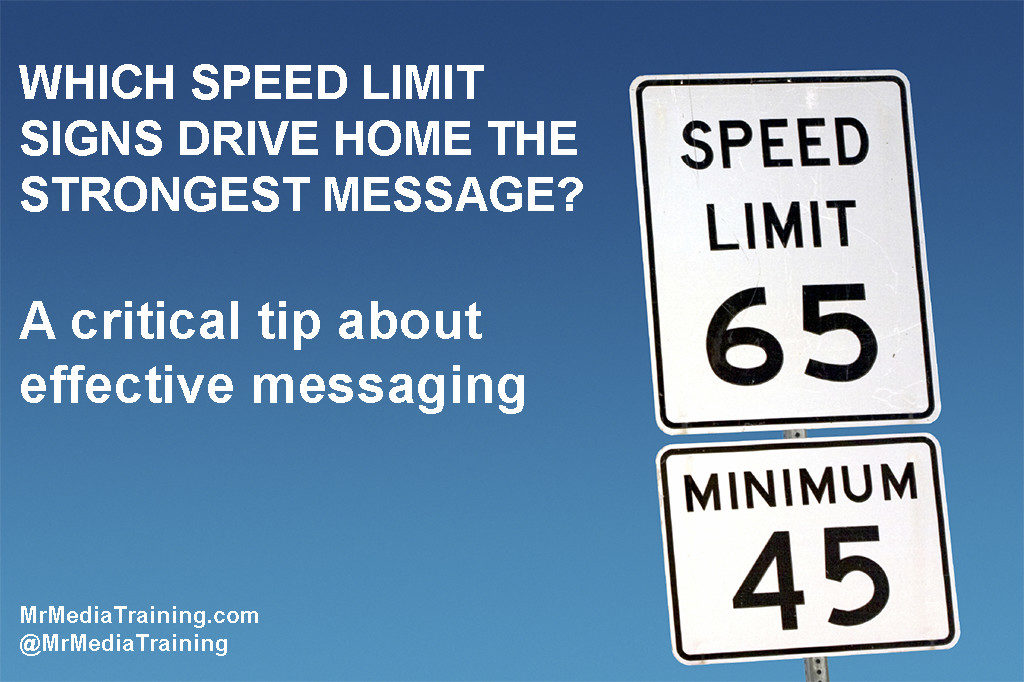I Have 12 Radio Interviews. What Should I Say?
I recently received an email from Mike in Australia, who has a rather fortunate problem: He has 12 radio interviews coming up and will get to select the topics – but he doesn’t know how to come up with topics for 12 separate interviews. He writes:
“I’m in Australia and have an education agency in the Philippines. I’ll be going there in March as the town is having a big festival and we’ve bought radio advertising space.
We asked to have an interview as part of the deal. I was expecting a one off interview, but then the station manager said, you can have an interview everyday, for approximately 5 minutes.
If it was a one off interview, that’s fine, but a series of interviews, 12 days in total, I’m not sure what to prepare. We’ve been brainstorming what to include in the 12 days. Such as, Q and A, listeners can ask questions via text or email and we’ll answer it the next day. Maybe even have a competition. If you’re able to pass on any suggestions on what we can prepare, that would be great.”
First of all, congratulations! What a nice problem to have. But you’re right that it’s not easy to come up with 12 different topics, so here are a few ideas.
- First, I’d start with the basics: your messages. Who is your radio audience, and what do you want them to know? Just as importantly, what does the audience want or need from you? You mentioned that you have an education agency – what are the problems you’re trying to solve, and what are your solutions? Create three messages that represent a combination of what you want them to know, along with what they need from you.
- Once you create your three messages, I suggest developing two stories and two statistics for each message that help reinforce them.
- When you’re finished with the above two steps, you’ll have 15 different angles, all of which are consistent with your brand message. Take a look at all 15. I’m guessing many of them can be turned into a standalone segment.
- For example, let’s say one of your statistics is “22,000 children in Manila aren’t getting their special education needs met by government-run schools.” That could easily become a segment: who are these 22,000 children, why aren’t they getting their needs met, and how can you help them get the special education they need?
- To help make your messages, statistics, and stories even more relevant, look for local news pegs. Can you talk about your messages in the context of a child who was just on the front page of a local newspaper? Has a government panel recently met on some of the issues you work on? Has a new school opened that is doing things better?
- Remember to insert a call-to-action. What do you want listeners to do after hearing your segments? Should they call a certain phone number, visit a website, or walk into one of your locations?
- Finally, I like your idea of Q & A’s and contests. But you might want to check into the audience size first. If the station has a small audience or if the majority of listeners are in remote areas without access to telephones, text messages and/or an Internet connection, your efforts to interact with them may fall flat.
In addition to developing ideas for your interviews, these three articles focus on how you can deliver your interviews with the passion and energy they deserve.
I hope these ideas help. Thanks for writing, and good luck with your interviews!
Readers: What other advice would you offer Mike? Please leave your thoughts in the comments section below.




How about bringing along some one who has had a positive experience with the agency so they can offer a testimonial?
Yes, Mary, great idea! Would definitely add third party surrogates to the list.